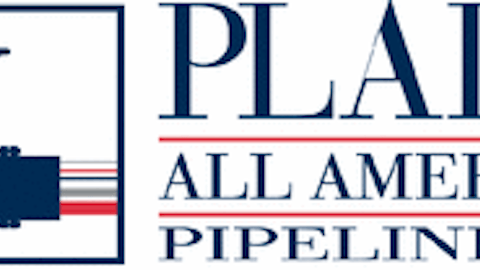Natural gas vehicles, or NGVs, have been in use since the 1930’s, but at the time never gained much traction due to the popularity of gasoline powered vehicles. However, NGVs are starting to make a serious comeback due to a major shift in energy prices in addition to modern engineering advancements in NGV technology.
Are natural gas vehicles ready to take off?
Significant progress has been made with niche fleet applications, but for the NGV industry to really take off, the usage rate of the general population will need to accelerate exponentially in the upcoming years. For this to happen the following must occur:
1). Further widening of the gap between natural gas and oil prices: An improving economy could drive gasoline prices up to $4 to $5 per gallon, whereas natural gas prices are projected to remain relatively stable due to recent natural gas discoveries and technology improvements.
2). The continued development of NGV infrastructure: The expansion of NGV infrastructure has progressed recently and must continue advancing in order to achieve widespread fueling capability.
3). Cost reductions of NGVs: Large scale manufacturing is required in order for NGVs to become feasible for the general public.
4). Increased public awareness of NGV’s: The benefits of NGVs must be communicated to the general public in order to increase comfort levels.
All of these items are critical in order for NGVs to become a viable option for the general public, and progress is being made in each of these areas.
NGV successes
Due to low natural gas prices, it has become very beneficial for a company to utilize NGVs for applications involving a fleet of vehicles that travel consistent routes and a large number of miles. Examples of applications that currently utilize NGVs include garbage trucks, delivery vehicles, and public transportation.
In these cases, it is possible to achieve fuel costs that are 60% to 70% lower than gasoline costs. In the right situation, a company can achieve millions of dollars of savings per year by converting its fleet to NGVs and it can take less than one year to break even.
NGV investment opportunities

Clean Energy Fuels Corp (NASDAQ:CLNE) is a leading developer of natural gas fueling stations and currently owns over 350 fueling stations located throughout the U.S.
Clean Energy Fuels Corp (NASDAQ:CLNE) has a plan to develop “America’s Natural Gas Highway,” which will consist of LNG fueling stations at key locations throughout the major U.S. corridors. The eventual goal is to enable trucking companies to completely operate their fleet on natural gas, resulting in a tremendous boost to their bottom-line. In 2012, Clean Energy made significant progress in this effort by developing 70 LNG stations.
Clean Energy Fuels Corp (NASDAQ:CLNE)’s annual sales have increased from $40 million to $334 million over the last decade. In addition, the annual volume of natural gas supplied by Clean Energy to fuel NGVs has nearly tripled over the last five years.
Clean Energy Fuels Corp (NASDAQ:CLNE) and Westport Innovations Inc. (USA) (NASDAQ:WPRT) recently announced a $5 million joint marketing and sales partnership in an effort to boost the NGV industry.
Westport Innovations Inc. (USA) (NASDAQ:WPRT) is the leading provider of natural gas powered engines and its extensive intellectual property portfolio includes over 300 patents with an additional 700 filed patent applications.
Westport Innovations Inc. (USA) (NASDAQ:WPRT) recently acquired BAF Technologies from Clean Energy. BAF is involved in natural gas vehicle conversions and also sells NGV engine equipment.This acquisition will significantly enhance Westport’s presence in the NGV industry and boost its relationship with Ford. Its Westport WiNG System will be utilized for the Ford F150 NGV products beginning in 2014.





